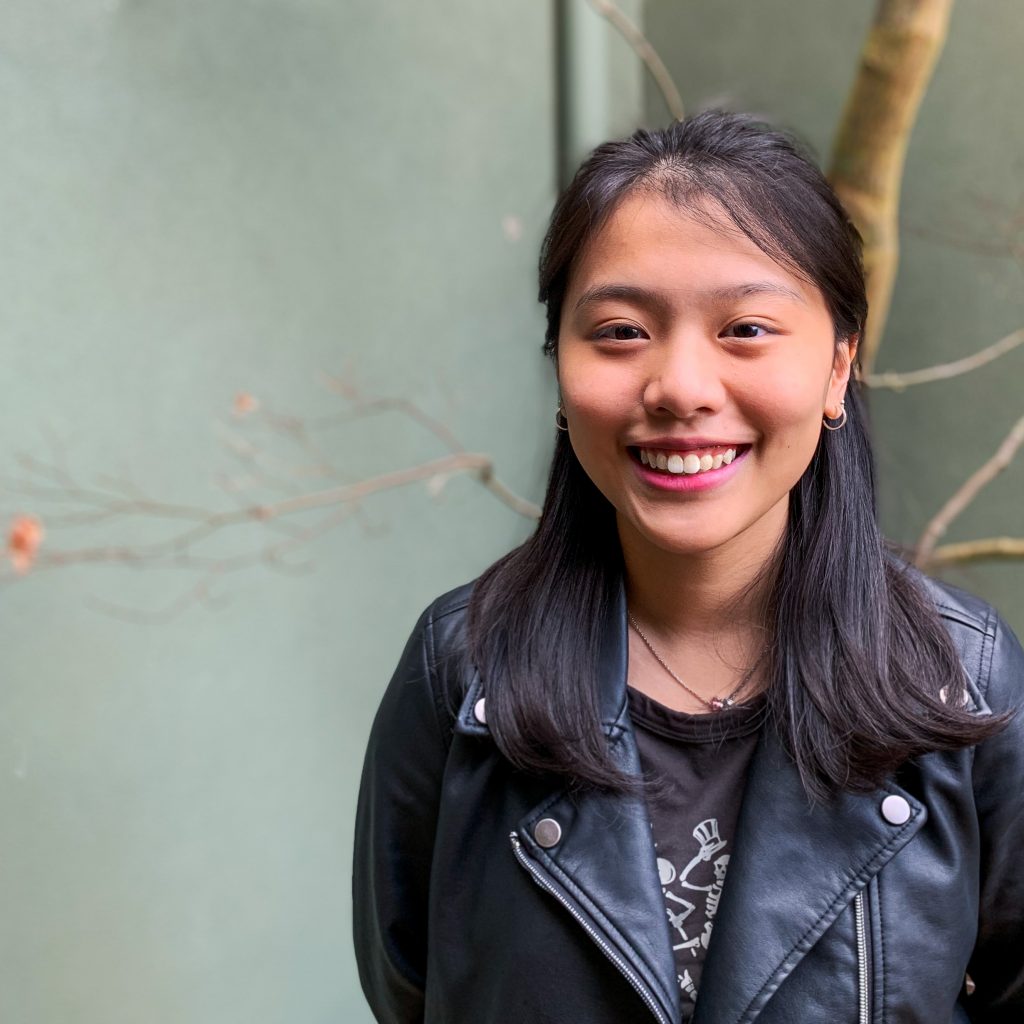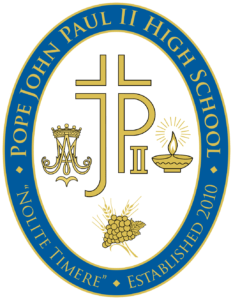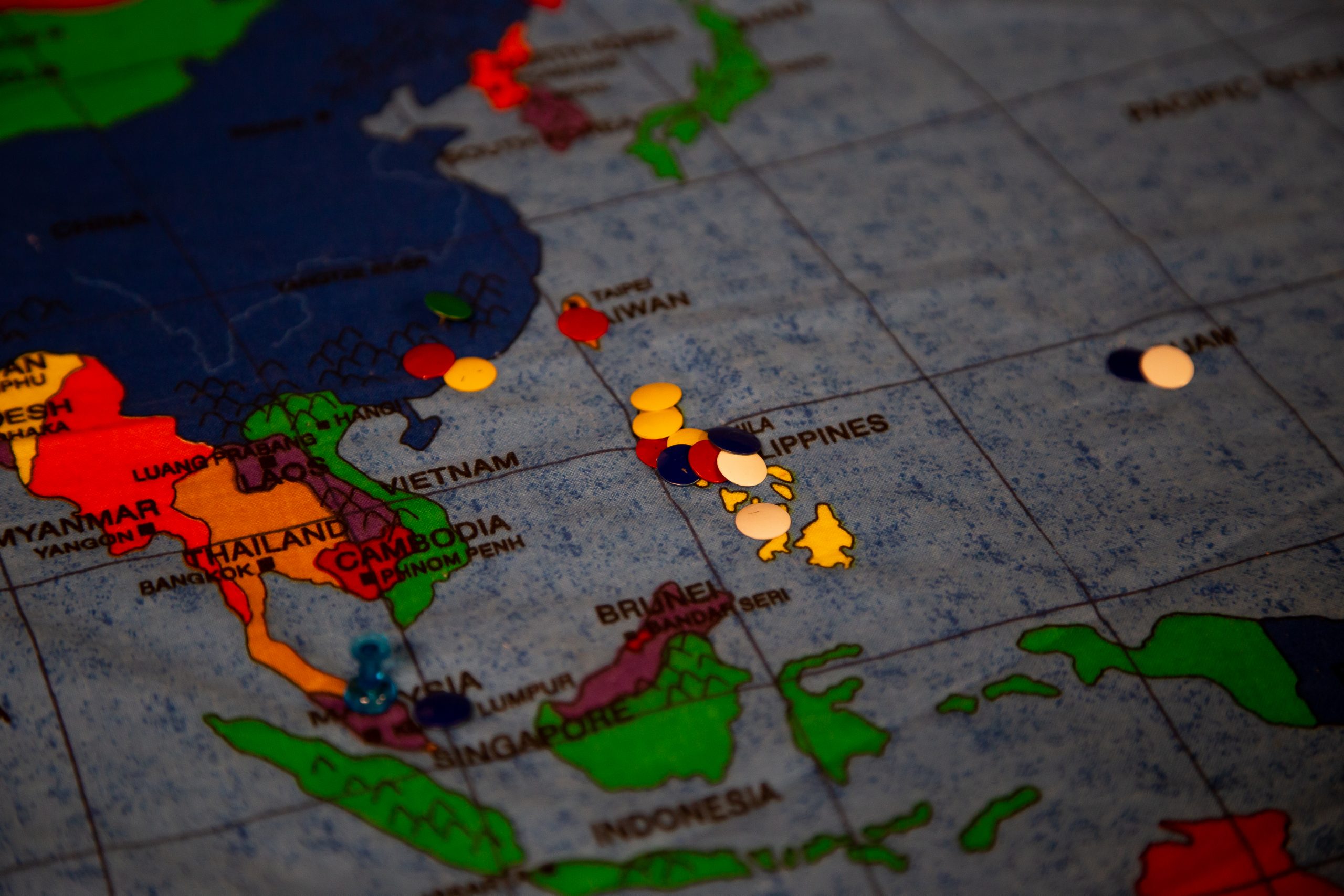
Pope John Paul II High School welcomes international students, who enrich our school community with a diversity of ideas and experience. Interested international students must complete the full application process for an F-1 Visa as well as an application for admission. To assist in the application process, review our checklist link below.
Over the years we have welcomed students from China, Germany, Venezuela, Bolivia, Vietnam, Hong Kong, and South Korea. We look forward to welcoming students from any country as we continue to broaden our cultural exchange.
STEP 1: Items needed to be considered for admission
- International Student Application Online Form or download the International Student Application Form as PDF
- $100 USD Application Fee
- Student’s Letter of Introduction
- Official Transcript from previous three years of school
- Transcript Translation to English
- Letter of Reference from a Principal or Administrator
- Letter of Reference from a Teacher
STEP 2: Items due upon acceptance to JPII
- Copy of student passport
- Parent Agreement
- International Student Registration
- $600 USD Registration Fee
- Tuition & Fees Agreement
- Student & Parent Handbook Acknowledgement
- Technology Policy
- Home Placement Information
- Insurance Agreement
STEP 3: Form I-20
JPII will forward your Form I-20. You MUST use the Form I-20 to get your F-1 Visa. You MUST carry both of these forms on your person as you travel into the United States.
STEP 4: Items due 5 weeks prior to arrival in USA
- Health Immunization Form
- Copy of Medical Insurance Card
- Student Care Agreement
- Power of Attorney for Emergency Medical Care
If you have any questions about the process or forms, feel free to contact us at admissions@popejp2hseagles.org. We look forward to welcoming you to the JPII Family!
Inspiring JPII International Student Stories
Munie
Munie was born in Ho Chi Minh City, Vietnam and began attending JPII as a sophomore.
Why did you choose to come to JPII?
“I chose to study in America because there is more freedom to study what you want. A friend of my family came here (JPII) and loved it so I decided to try JPII.”
What was most challenging for you at JPII and how did you work through it?
“The language and cultural changes were challenges. Everything was new. Getting connected with people helped. People reached out to me first which opened me up. I learned what they were interested in and talked about it with them. Living with guardians who speak English at home helped a ton with my language skills.”
Why should an international student consider JPII?
“You will find support, love and strong community at JPII. They will welcome you and help you if you need help.”
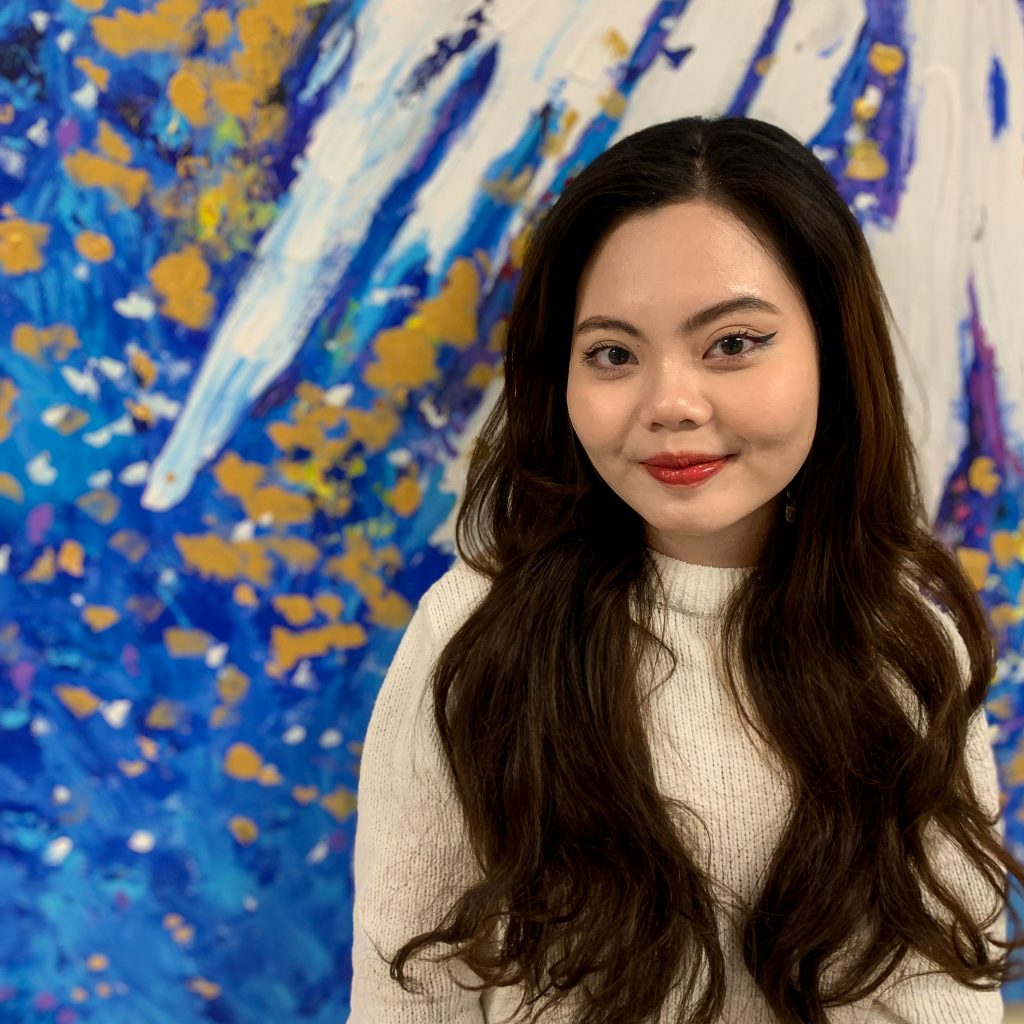
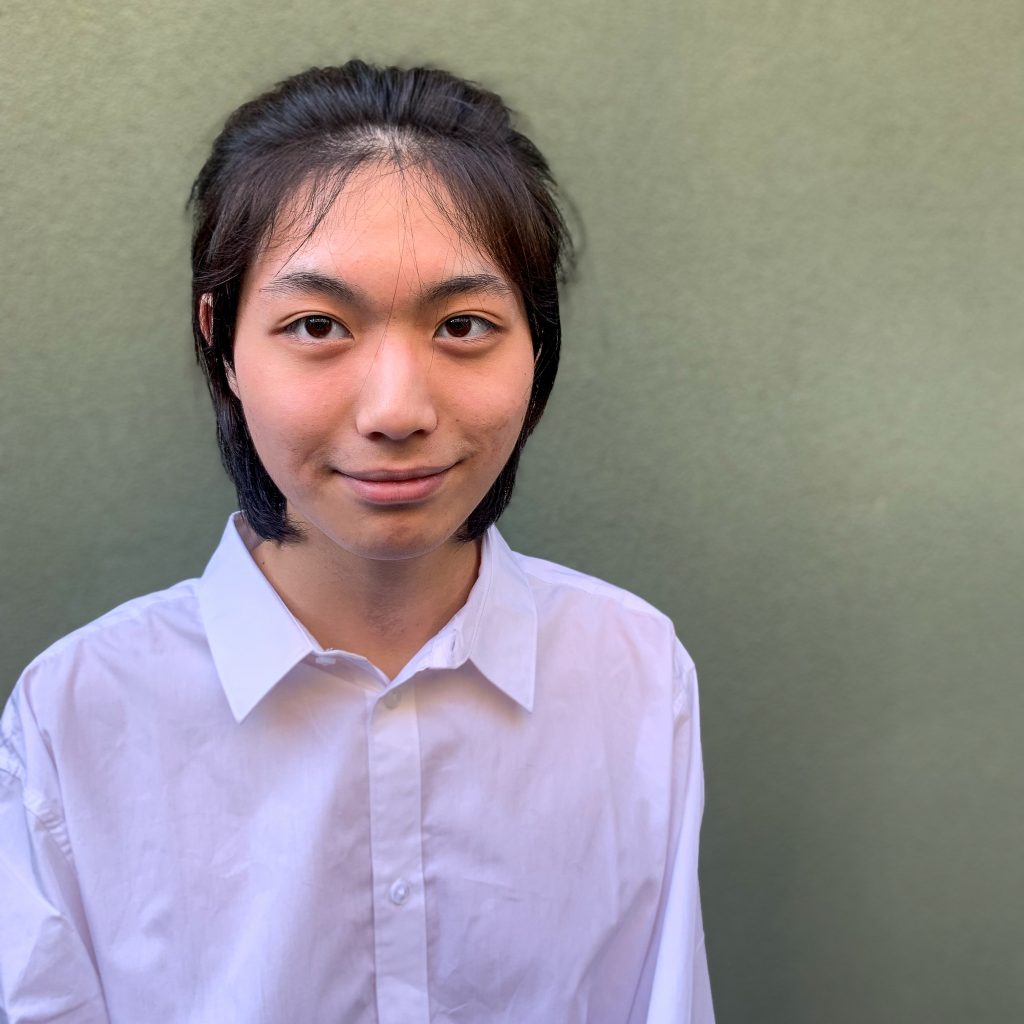
Jimmy
Jimmy hails from Chongqing, China and began attending JPII as a freshman.
What was the biggest change you experienced coming to school in America?
“We have less homework here. All that mattered at my school in China was grades. After classes we had breaks, but we had to do our homework during that time because there was so much. Here, I feel really supported by my teachers and classmates. They are patient with me and my English fluency. I feel more confident, everyone is cordial and friendly!”
What do you like most about going to school at JPII?
“The community and friendships are the best!”
Why did you choose to come to JPII?
“In part, because the people at JPII accept me even though I don’t have a Christian background. Everyone respects others.”
Sisi
Sisi began attending JPII as a freshman and is from Hong Kong.
How was JPII most helpful in getting you oriented to school here?
“Even when I was in Hong Kong Mrs. Ashe and Mrs. Allin were great about communication. They helped me step-by-step in getting ready. Once I was at JPII, administration and teachers have been there to help me succeed. Even to this day.”
What most surprised you about going to school here?
“I know I am an extrovert, but I didn’t know that I would get so close to people so fast. The welcoming of this community still shocks me to this day!”
What advice would you give to someone considering coming here from another country?
“Don’t be afraid to ask for help from teachers and staff, they are very helpful. You have nothing to worry about if you don’t know the language well. Remember that there will always be a community and you will be accepted.”
